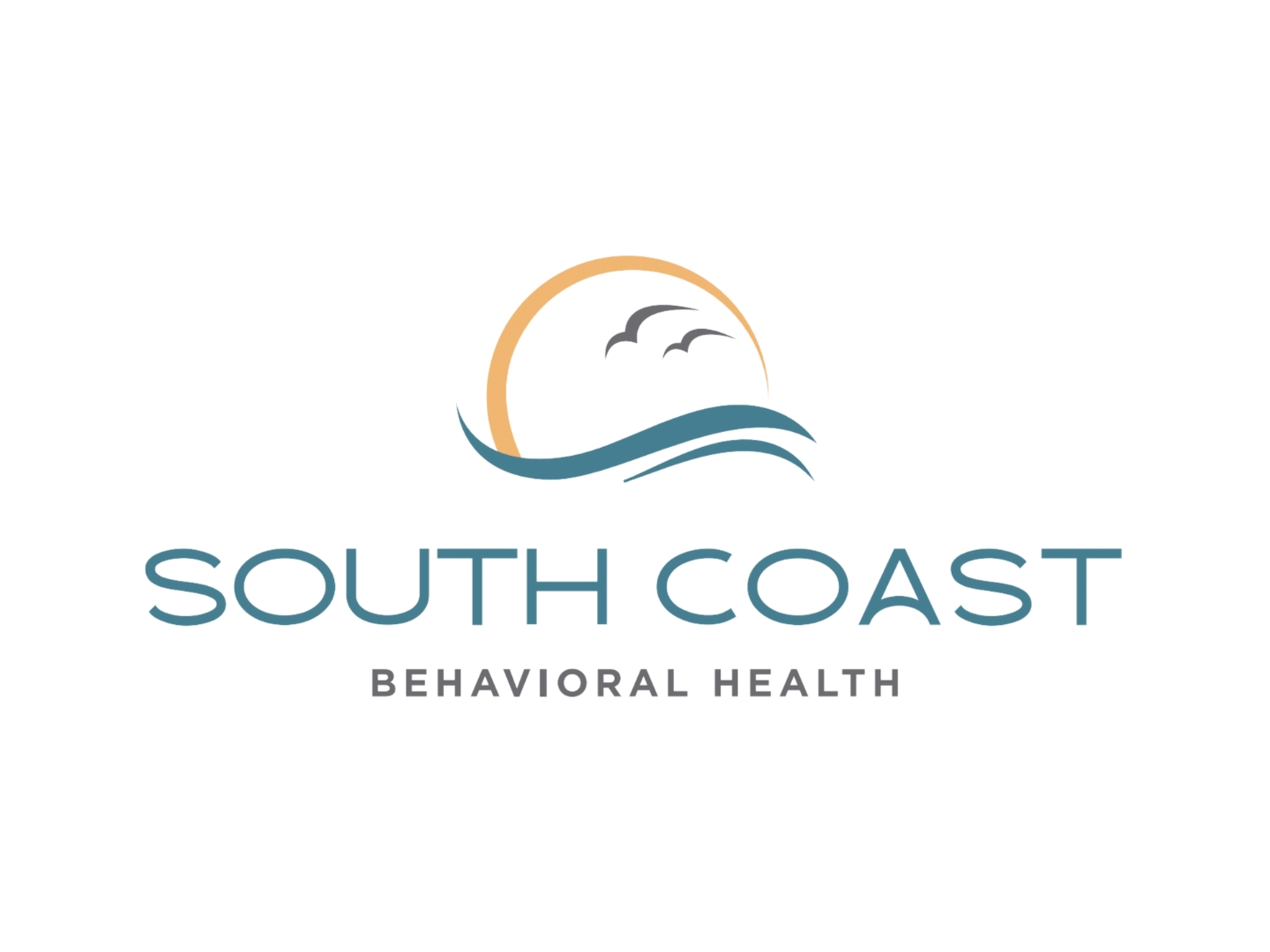Attention Deficit Hyperactivity Disorder (ADHD) is a neurodevelopmental disorder that causes consistent inattention, hyperactivity, and impulsivity. It is one of the most common mental health conditions affecting children and often continues into adulthood. Despite its prevalence, ADHD remains a misunderstood and often stigmatized condition, with many individuals struggling to receive accurate diagnoses and effective treatments. Recognizing the unique challenges and needs of those living with ADHD is crucial for providing appropriate support and interventions.
Attention Deficit Hyperactivity Disorder (ADHD) is a neurodevelopmental disorder that affects an individual’s ability to regulate attention, behavior, and impulsivity. It is typically diagnosed in childhood but can continue into adulthood, impacting an individual’s academic, social, and professional functioning. The disorder is characterized by symptoms such as difficulty sustaining attention, hyperactivity, and impulsivity, which can lead to significant impairments in daily life. Understanding the diagnostic criteria, symptoms, and treatment options for ADHD is essential for helping individuals with the condition manage their symptoms and reach their full potential.
There are several common misconceptions about ADHD that can contribute to the stigma surrounding the disorder. One misconception is that ADHD is simply a lack of discipline or willpower when, in reality, it is a neurological condition that affects an individual’s ability to regulate attention, behavior, and impulses. Another myth is that ADHD only affects children when, in fact, it is a lifelong condition that can persist into adulthood.
Some believe that ADHD is over diagnosed or that stimulant medications used to treat it are overused, when in fact, these medications can be highly effective when prescribed appropriately. Addressing these misconceptions through education and awareness is crucial for ensuring individuals with ADHD receive the support and understanding they need.
No one should have to wait to heal, which is why our specialists are available 24/7 to help guide you through the admissions process every step of the way.
The exact causes of ADHD are not fully understood, but research suggests it is a complex disorder with multiple contributing factors:
While the specific causes are not yet fully understood, the current consensus is that ADHD likely results from a complex interplay of genetic, neurological, and environmental factors that impact brain development and function. Ongoing research continues to shed light on the underlying mechanisms of this disorder.
If you or a loved one is struggling with their mental health, our admissions team is available 24/7. Our compassionate and understanding team can help answer your mental health treatment questions and get you started on the path to recovery.
Deciding to seek depression treatment can be intimidating. We are here to make this process as easy as possible. Reach out to us today to learn more about how our treatment centers can help!
According to the Diagnostic and Statistical Manual of Mental Disorders, Fifth Edition (DSM-5), there are three presentations of Attention-Deficit/Hyperactivity Disorder (ADHD): Predominantly Inattentive, Predominantly Hyperactive-Impulsive, and Combined. The specific symptoms and severity can vary among individuals, and the presentation may change over time as the person ages. Here’s a closer look at the different types of ADHD:
Individuals with the predominantly inattentive presentation of ADHD primarily exhibit symptoms related to inattention. They may have difficulty sustaining focus, staying organized, and completing tasks, often appearing distracted or forgetful in daily activities. These symptoms can lead to academic and occupational challenges if left untreated.
The predominantly hyperactive-impulsive presentation is characterized by excessive physical movement, fidgeting, and impulsive behaviors. Children with this type may have trouble remaining seated, while adults may experience extreme restlessness or excessive talking. Impulsivity can lead to interrupting others, difficulty waiting one’s turn, or making hasty decisions without considering the consequences.
The combined presentation is the most common type of ADHD, accounting for approximately 70% of cases. Individuals with this presentation exhibit symptoms of both inattention and hyperactivity-impulsivity, meeting the criteria for both types. The specific symptoms and their severity can vary over time, and the presentation may change as the person ages.
The core symptoms of Attention-Deficit/Hyperactivity Disorder (ADHD) fall into three main categories: inattention, hyperactivity, and impulsivity. Individuals with ADHD may experience difficulties maintaining focus, controlling their physical movements, and regulating their impulses, which can significantly impact academic, social, and occupational functioning. These symptoms often manifest differently in children and adults, and the specific presentation can change over time as the person ages. Understanding the unique challenges associated with each symptom domain is crucial for providing appropriate support and interventions for those living with ADHD.
Symptoms of inattention in ADHD include difficulty sustaining focus, easily becoming distracted, trouble following through on tasks, and forgetfulness in daily activities. Individuals with ADHD may struggle to stay organized, listen attentively, or complete work or chores, often appearing disinterested or disengaged.
Hyperactivity in ADHD is characterized by excessive physical movement, fidgeting, restlessness, and difficulty sitting still. Children with ADHD may have trouble remaining seated in the classroom or constantly be on the move, while adults may experience an internal sense of restlessness or the need to keep their hands or feet busy.
Impulsivity in ADHD involves difficulty regulating one’s actions and impulses, leading to behaviors such as interrupting others, acting without considering the consequences, and having trouble waiting one’s turn. Impulsivity can also manifest as reckless decision-making or engaging in high-risk activities without proper forethought.
Diagnosing ADHD typically involves a comprehensive evaluation by a healthcare professional, such as a pediatrician, child psychologist, or psychiatrist. The process often begins with a thorough review of the individual’s medical and developmental history, as well as an assessment of current symptoms. Standardized behavioral checklists and rating scales may be used to evaluate the presence and severity of inattention, hyperactivity, and impulsivity.
In some cases, cognitive testing or neuropsychological assessments may be conducted to rule out other underlying conditions. The healthcare provider will also assess the impact of the symptoms on the individual’s academic, social, and occupational functioning. A diagnosis of ADHD is made when the individual meets the specific criteria outlined in the Diagnostic and Statistical Manual of Mental Disorders (DSM-5).
According to the DSM-5, a diagnosis of ADHD requires the presence of a persistent pattern of inattention and/or hyperactivity-impulsivity that interferes with functioning or development. For children up to age 16, six or more symptoms of inattention and/or hyperactivity-impulsivity must be present for at least six months. For adolescents 17 and older and adults, five or more symptoms are required. The symptoms must be inappropriate for the individual’s developmental level, present in multiple settings, and cause significant impairment in daily life. Ruling out other mental health conditions is also an essential part of the diagnostic process.
"*" indicates required fields
Treating Attention-Deficit/Hyperactivity Disorder (ADHD) often involves a multifaceted approach that combines various interventions to address the individual’s specific needs and symptoms. The primary goals of ADHD treatment are to help manage the core symptoms, improve overall functioning, and support the individual’s personal, academic, and professional development. Treatment plans may include a combination of medications, psychotherapy, and lifestyle changes tailored to the individual’s age, severity of symptoms, and any co-occurring conditions.
Medication is often a crucial component of ADHD treatment, as it can help manage the core symptoms of inattention, hyperactivity, and impulsivity. Stimulant medications, such as methylphenidate and amphetamines, are the most commonly prescribed drugs for ADHD, as they can help improve focus, concentration, and impulse control. Non-stimulant medications, like atomoxetine and clonidine, may also be used, particularly for individuals who do not respond well to or experience side effects from stimulants.
Psychotherapy, particularly cognitive-behavioral therapy (CBT), can be highly effective in helping individuals with ADHD develop coping strategies, improve organizational and time management skills, and address any co-occurring mental health conditions, such as anxiety or depression. Therapy can also help individuals with ADHD learn to manage their emotions, improve their social skills, and build self-esteem.
Incorporating healthy lifestyle changes can also be beneficial for individuals with ADHD. This may include:
A comprehensive, multidisciplinary approach to ADHD treatment can help individuals with the disorder manage their symptoms, develop essential skills, and thrive in various aspects of their lives.
Living with Attention Deficit Hyperactivity Disorder (ADHD) can present unique challenges, but with the right coping strategies and support, individuals can learn to manage their symptoms and thrive.
Here are some tips that may help:
Seeking professional help is crucial for effectively managing Attention Deficit Hyperactivity Disorder (ADHD). This may include consulting with a mental health professional, such as a child psychologist or psychiatrist, who can provide a comprehensive evaluation and develop a personalized treatment plan. Professionals can prescribe medication, if appropriate, and provide evidence-based therapies like cognitive-behavioral therapy to help individuals develop coping strategies and improve their overall functioning. Individuals can also connect families with educational accommodations, community resources, and support services to ensure individuals with ADHD have the tools and support they need to thrive.
Aliya Health Group accepts most major health insurance providers on both a national and local level. Some of the health insurance providers we work include:













Before entering outpatient treatment for substance abuse, most people have a long list of questions and concerns. To help you gain a better understanding of what to expect during outpatient programs, we have compiled a list of our most frequently asked questions.
Yes, our rehabilitation facilities have designated smoking areas available. However, kindly note that all cigarettes brought into the facility must be in unopened packs or cartons. The same rule applies to any cigarettes sent or brought by family or friends. Our staff will be more than happy to provide you with additional details regarding these guidelines during the admission process.
Yes, in most cases, we can offer repayment options tailored to your unique circumstances. For more details regarding personal repayment options, we recommend reaching out to our admissions team. They’ll be more than happy to assist you.
We accept all major insurance plans at our treatment locations. To learn more about insurance and treatment cost, contact our admissions team or fill out our secure insurance verification form.
Yes, we provide integrative dual diagnostics alongside a wide array of treatment modalities. Our core objective revolves around tackling addiction, while simultaneously addressing the underlying factors that contribute to substance use disorders. Our mission is to deliver effective and holistic care that encompasses both symptom management and the exploration of root causes of addiction.
In terms of cost, outpatient treatment is typically more affordable than inpatient options which require round-the-clock medical supervision. This makes it a viable solution for individuals who may be deterred from seeking help due to financial constraints.
"*" indicates required fields
For Immediate Help Call: 888-973-2078
Aliya Health Group is a comprehensive network of addiction and mental health treatment centers, with locations spanning nationwide.
We are driven by our commitment to empower individuals, families, and the community by providing education, tools, and support, to help them lead healthy, fulfilling lives in recovery.
Our admissions team is available 24 hours a day, 7 days a week, 365 days a year.






